Rhaina Cohen
Stories
-
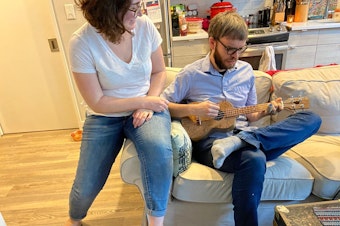
Playing Favorites: When Kindness Toward Some Means Callousness Toward Others
If we do a favor for someone we know, we think we've done a good deed. What we don't tend to ask is: Who have we harmed by treating this person with more kindness than we show toward others? This week, in the second of our two-part series on moral decision-making, we consider how actions that come from a place of love can lead to a more unjust world.
-
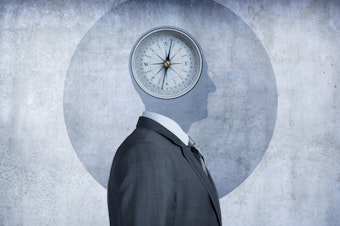
Justifying The Means: What It Means To Treat All Suffering Equally
When we are asked to make a moral choice, many of us imagine it involves listening to our hearts. To that, philosopher Peter Singer says, "nonsense." Singer believes there are no moral absolutes, and that logic and calculation are better guides to moral behavior than feelings and intuitions. This week, we talk with Singer about why this approach is so hard to put into practice, and look at the hard moral choices presented by the COVID-19 pandemic.
-
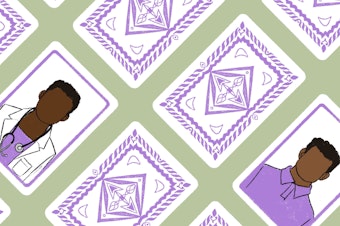
People Like Us: How Our Identities Shape Health And Educational Success
Far from being "the great equalizer," COVID-19 has disproportionately sickened and killed African Americans and Latinos in the U.S. Many of the reasons for these inequalities reach back to before the pandemic began. This week, we return to a 2019 episode that investigates a specific source of racial disparities in medicine and beyond—and considers an uncomfortable solution.
-
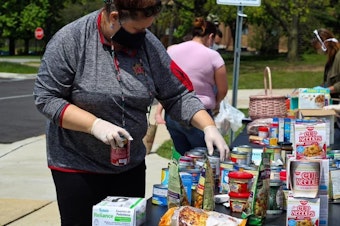
Our Better Angels: What We Lose When We Assume People Are Bad
In the months since the spread of the coronavirus, stories of selfishness and exploitation have become all too familiar: people ignoring social distancing guidelines, or even selling medical equipment at inflated prices. Most of our public and economic policies take aim at these sorts of people — the wrongdoers and the profiteers. But is there a hidden cost to the rest of us when we put bad actors at the center of our thinking? Do the measures we put in place to curtail the selfish inadvertently hurt our capacity to do right by others?
-
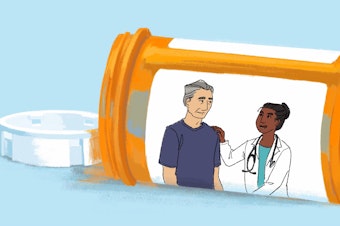
All The World's A Stage—Including The Doctor's Office
In recent months, many of us have become familiar with the sense of fear expressing itself in our bodies. We may feel restless or physically exhausted. At times, we may even have trouble catching our breath. The deep connection between mind and body that seems so salient now was also at the center of our episode about the placebo effect. This week, we return to this 2019 story that asks what placebos might teach us about the nature of healing.
-
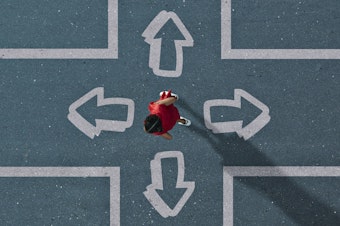
The Choices Before Us: Can Fewer Options Lead To Better Decisions?
An abundance of choices is a good thing, right? In the United States, where choice is often equated with freedom and control, the answer tends to be a resounding 'yes.' But researchers say the relationship between choice and happiness isn't always so clear-cut. This week, we talk with psychologist Sheena Iyengar about making better decisions, and how she's thinking about the relationship between choices and control during the coronavirus pandemic.
-
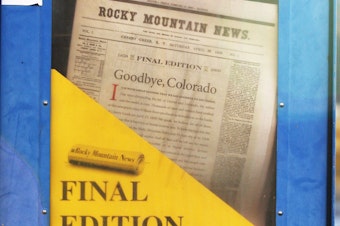
Stop The Presses! Newspapers Affect Us, Often In Ways We Don't Realize
On this week's radio show, we trace the history of fake news. Plus, in a time when accurate information is so important, we ask who ultimately bears the cost when no one wants to pay for local news.
-
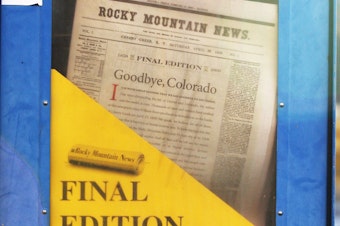
Starving The Watchdogs: Who Foots The Bill When Newspapers Disappear?
Amidst the confusion and chaos of the COVID-19 pandemic, many of us have sought out a long-trusted lifeline: the local newspaper. Though the value of local journalism is more apparent now than ever, newspapers are not thriving. They're collapsing. For many communities, this means fewer local stories and job losses. But new research suggests there's another consequence that's harder to spot — one that comes with a hefty price tag for residents. This week on Hidden Brain, we return to a 2018 episode that's acutely relevant today and ask, who bears the cost when nobody wants to pay?
-
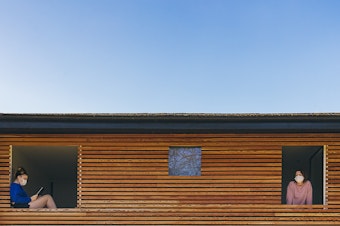
A Social Prescription: Why Human Connection Is Crucial To Our Health
Confined to our homes, many of us are experiencing a newfound appreciation for our social relationships. What we may not realize — and what physicians and researchers have only recently started emphasizing — is the importance of these connections to our physical health. This week, we talk with former U.S. Surgeon General Vivek Murthy about why he considers loneliness a matter of public health, and how we can all deepen our social ties.
-
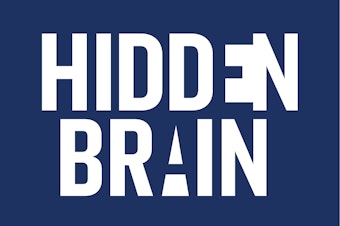
An Unfinished Lesson: What The 1918 Flu Tells Us About Human Nature
A virus is more than a biological organism. It's a social organism. It detects fissures in societies and fault lines between communities. Historian Nancy Bristow shares the lessons about human behavior that we can take away from a century-old pandemic.